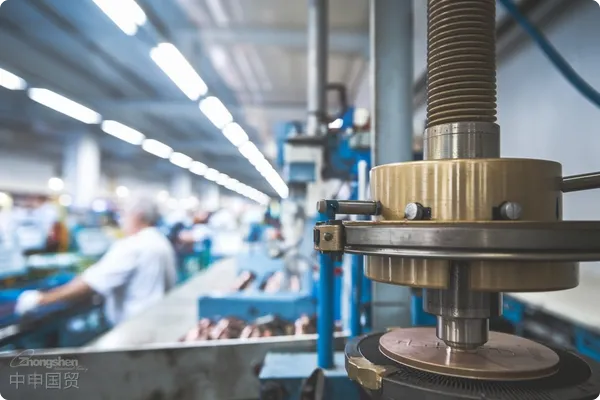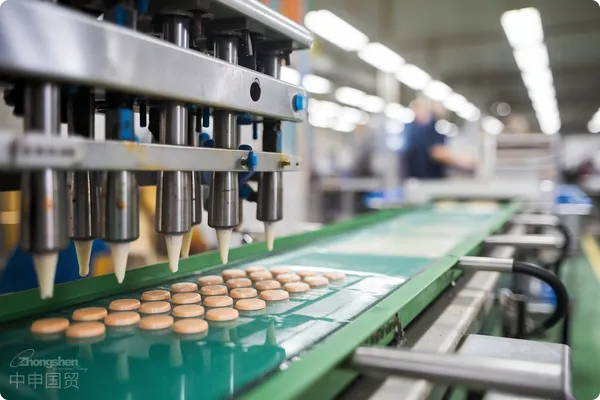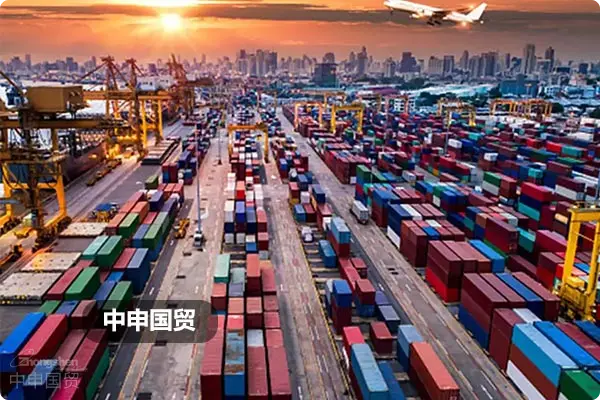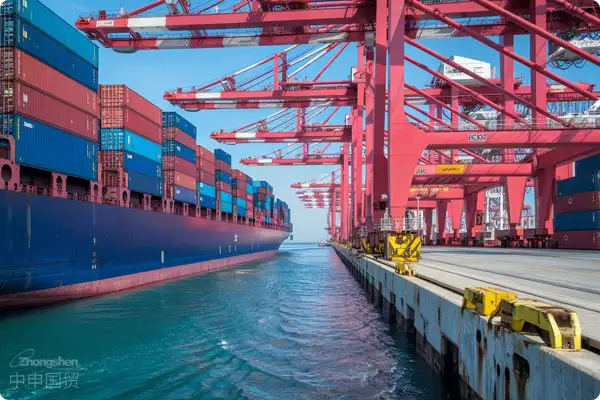- Shanghai Zhongshen International Trade Co., Ltd. - Two decades of trade agency expertise.
- Service Hotline: 139 1787 2118
Today, lets discuss the export requirements and considerations for tablet presses. As essential equipment for producing pharmaceutical tablets and health supplement pills, tablet presses involve numerous details during export. Asforeign tradeExport Representationa seasoned industry expert, I will provide detailed guidance on ensuring smooth tablet press exports to help you minimize potential hassles and risks.

I. Export Controls and Licensing for Tablet Presses
Tablet presses are critical equipment used in pharmaceuticals, food, and chemical industries, with extensive applications in pharmaceuticals. Before export, its essential to understand the equipments specific use and determine if it falls under export controls. High-precision, high-performance tablet presses may be listed on export control lists, requiring relevant licenses.
Confirm Whether Export Controls Are Involved
If the tablet press is for pharmaceutical production, especially for certain specific drugs, additional export licenses may be required. Export agencies will assist in verifying relevant policies to ensure compliance.
Apply for an Export License
If the equipment falls under controlled categories, an export license must be applied for from relevant government departments. The agency will help prepare required materials and track approval progress to ensure exports comply with legal frameworks.
II. Destination Country Certification and Compliance Requirements
Different countries have varying compliance requirements for imported tablet presses. Before export, its crucial to understand the destination countrys relevant standards. Common certifications and compliance requirements include:
CE Certification (EU Market)
For exports to the EU market, tablet presses must comply with CE certification requirements, covering safety, hygiene, electromagnetic compatibility, and other aspects to ensure the equipment meets European standards during use.
UL Certification (North American Market)
For exports to the US or Canada, tablet presses typically require UL certification. While not mandatory, UL certification can enhance market competitiveness.
Safety Standard Compliance
Many countries impose strict safety standards on imported pharmaceutical equipment, such as mechanical protection, emergency stop buttons, and ease of cleaning. Ensure the equipment meets these safety requirements before export.

III. Export Agency Process and Operational Details
Choosing a reliable export agency can significantly streamline the tablet press export process. Services provided by agencies include:
Determining Export Needs and Quotation Services
The export agency will provide international market quotations based on client needs, calculating transportation and certification costs.
Signing Export Contracts and Preparing Documents
The agency will represent the client in signing the Foreign Trade Goods Export Contract with overseas buyers and prepare proforma invoices, packing lists, and other documents to ensure compliance with the destination countrys import regulations.
The export agency handles customs declaration work, ensures all documents are accurate, and arranges the most suitable logistics solution based on the destination. Weighing and packaging machines are generally large, so the agency provides professional packaging and transportation solutions to minimize potential damage during transit.
The agency company is responsible for arrangementsExport Clearancematters, ensuring the accuracy of all documents and arranging the most suitable logistics solutions based on specific destinations. Tablet presses are typically bulky equipment, and the agency company provides professional packaging and transportation solutions to avoid potential damage during transit.
IV. Customs Codes and Classification Basis
HS Code: 8479899990
- Product Name: Other machines and mechanical appliances with individual functions, not elsewhere specified or included.
Classification Basis
- Chapter 84: Washing machinery (including dishwashing machines); packaging or wrapping machinery (including shrink-wrap machinery); filling, sealing, capping, or labeling machines for bottles, cans, boxes, or similar containers; and weighing and packaging machinery.
- Heading 8479: Covers a wide variety of machines and mechanical appliances that are not classified under other more specific headings.
- Subheading 847989: Other machines and mechanical appliances with individual functions, not elsewhere specified or included.
Classification Reasons
- A tablet press is a mechanical device used to compress powdered materials into tablets, primarily applied in industries such as pharmaceuticals, food, and chemicals. Its main function is to use mechanical pressure to form powdered materials into tablets of specific shapes.
- According to classification principles, tablet presses do not fall under the categories of machines described in other specific headings of Chapter 84, such as food processing machinery (8438) or packaging machinery (8422). Tablet presses possess independent mechanical functions, aligning with the description of Heading 8479: Other machines and mechanical appliances with individual functions, not elsewhere specified or included.
V. Packaging and Transportation Considerations
Tablet presses are typically heavy and contain precision components, requiring special care during packaging and transportation.
Protective Packaging
Wooden crates are used for packaging, with shock-absorbing materials (such as foam padding) added inside the crate to ensure the equipment remains undamaged during long-distance transportation.
Moisture-proof Treatment
Apply moisture-proof treatment to the exterior of the equipment, especially duringMaritime TransportationDuring the process, moisture-proof measures can effectively prevent damage to the equipment caused by environmental humidity changes.
Loading and Unloading Requirements
Due to their large size, professional lifting equipment must be used during the loading and unloading of tablet presses to avoid mechanical damage from improper handling.

Summary
The export of tablet presses involves multiple critical steps, including export controls, certification and compliance requirements in the destination country, customs classification, packaging, and transportation. Each step requires professional knowledge and experience, and an export agency company can provide seamless support and services throughout the process to help clients successfully complete export operations. Through this introduction, we hope you have gained a clearer understanding of the export requirements and precautions for tablet presses. If you have any questions about exports or need further assistance, feel free to contact us.ZhongShen International TradeA professional export agency company to make your tablet press export journey smoother!
Related Recommendations
? 2025. All Rights Reserved. Shanghai ICP No. 2023007705-2  PSB Record: Shanghai No.31011502009912
PSB Record: Shanghai No.31011502009912









